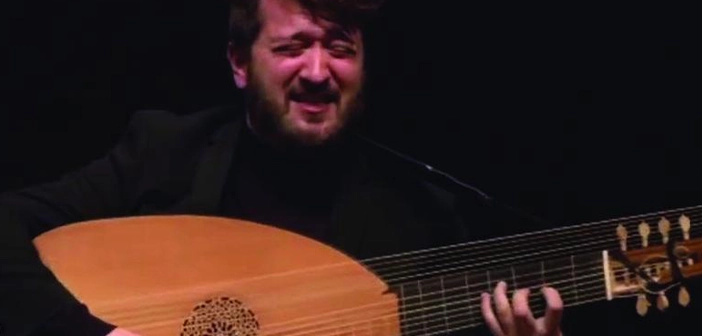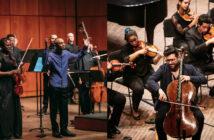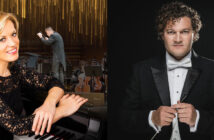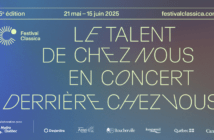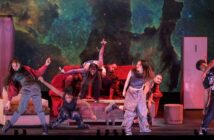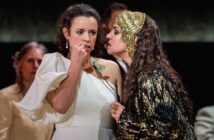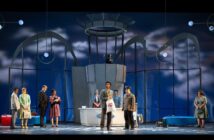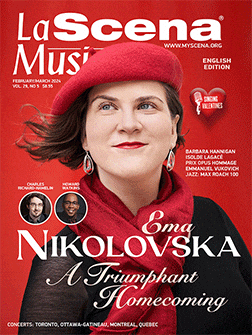
This page is also available in / Cette page est également disponible en:
![]() Francais (French)
Francais (French)
On March 20, 2024, at 7:30 p.m., La Nef presents an evening of medieval music inspired by courtly love at Notre-Dame-de-Bon-Secours Chapel.
In tribute to the art of the monody (an unaccompanied song), the program comprises works in the tradition of the composer-poets of the 11th to the 14th centuries. It will take listeners from the first troubadour—William IX, Duke of Aquitaine—to the last of the trouvères (poets of northern France)—Guillaume de Machaut—via Adam de la Halle and Jehan de Lescurel.
The works belong to an era when musical notation in Europe was just taking off. For this reason, the performance practice is a fine balance between facts and conjecture. The singers/players are experts in ancient music: alto and baritone Jean-François Daignault, tenor Kerry Bursey, and baritone and mutli-instrumentalist Pierre-Alexandre Saint-Yves
“In the vast majority of cases, we restrict ourselves to a repertoire that already has existing music and melodies. However, in the case of the very first troubadour, we will have to piece some things together”. In the works performed, the link between poetry and music is complex. “The troubadours were considered poets first and foremost. Did they all perform the music and texts they’d written? We don’t know.”
In some cases, the melodies associated with the text are the fruit of co-operation between poets and composers. To perform the notated monodies, the three musicians will share the roles of singers and accompanists according to the preferences and skills of each. “Sometimes one of the performers will prefer to sing, accompanied by the others,” says Daignault, “and sometimes the singer will accompany himself. There will also be improvisation, especially when the accompaniment is unknown. We’ll discuss all this during rehearsals, which is an aspect of ancient music that appeals to me—especially medieval music.”
The poems will be sung in langue d’oïl and langue occitane—languages of northern and southern France, respectively. Better known as a major wine-producing region, Languedoc is one of the homes of the Occitan language. It comes across as a mixture of Italian, Spanish and French, says Daignault. In their search for authenticity the musicians have developed an informed performance-practice based on musicological literature and decades of experience.
“Diction is very important to us,” the counter-tenor explains. “We’ll use all our singing and rhetorical skills to project the music and the clarity of the words. We want to show our love for this magnificent music, and reach out to as many people as possible.” Promises to be a very rewarding musical evening!
La Nef, Ars amoris. Notre-Dame-de-Bon-Secours Chapel, March 20, 7:30 p.m.
www.la-nef.com, www.ensembleparamirabo.com, www.kerrybursey.com, www.empreintevague.ca
Playlist
This page is also available in / Cette page est également disponible en:
![]() Francais (French)
Francais (French)

